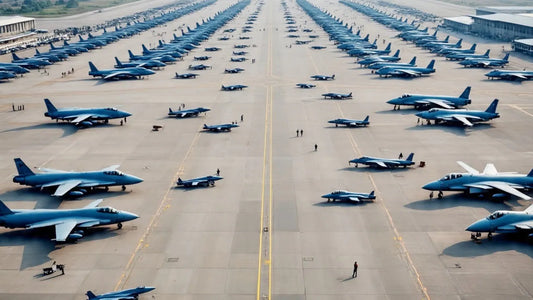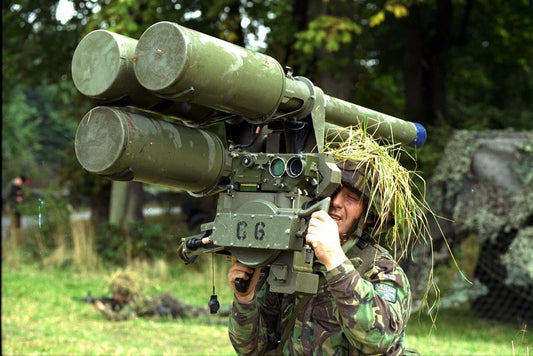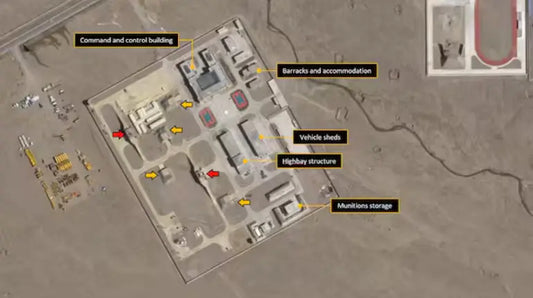Iran’s Supreme Leader Identifies Successors as Conflict with Israel Escalates

In the midst of Israel's most intense military offensive on Iran since the 1980s Iran-Iraq war, Supreme Leader Ayatollah Ali Khamenei has made a rare move by naming potential successors while directing operations from a secure underground bunker.
According to three Iranian officials aware of the developments, Ayatollah Khamenei has suspended electronic communications to prevent detection and now communicates with military leaders through a single trusted aide. He has designated replacements for critical military positions in the event of further assassinations and has named three senior clerics as potential successors should he be killed.
This action is seen as an unprecedented acknowledgment of the threat to Iran's leadership and the severe circumstances of a conflict that, in just a week, has caused more destruction in Tehran than the eight-year bombardment by Saddam Hussein.
At 86, Ayatollah Khamenei has directed the Assembly of Experts to select one of the identified clerics immediately upon his death, bypassing the typical lengthy deliberation process to ensure regime stability. His son, Mojtaba Khamenei, despite being a rumored successor, is not among the considered names.
Israel's attacks have devastated military installations, nuclear sites, and energy infrastructure, resulting in the deaths of top Iranian commanders and nuclear scientists, many targeted in civilian regions. In retaliation, Iran has launched missile and drone strikes, targeting Israeli facilities including a hospital and an oil refinery in Haifa.
Iranian officials now fear additional Israeli attacks and internal sabotage. They have admitted to a "massive security and intelligence breach," noting that covert Israeli operatives facilitated strikes from within Iran. Consequently, top officials have been relocated underground, and electronic communications among high-ranking personnel have been halted.
In a recent video address, Khamenei declared that "the people of Iran will stand against a forced war," emphasizing his resolve to counter Israeli aggression.
Iran is also preparing for potential U.S. involvement, as President Donald Trump considers entering the conflict. Reports indicate American B-2 bombers carrying bunker-buster bombs have been deployed to Guam, potentially signaling a readiness to target Iran's fortified nuclear site at Fordow.
To curb further infiltration, Iran has implemented a communications blackout, blocked international calls, and set a deadline for collaborators to surrender by Sunday or face execution. Security checkpoints have been established throughout Tehran, which now appears largely deserted following Israeli evacuation warnings.
Amid the devastation, a renewed sense of unity is emerging among Iranians. Videos and reports depict citizens offering food, shelter, and emotional support to one another. "We are scared, but we are also giving each other solidarity," said a businessman seeking refuge near the Caspian Sea.
Nobel laureate and human rights activist Narges Mohammadi, who has long opposed the regime, warned against foreign military intervention. "Democracy cannot come through violence and war," she told the BBC.
As Iran confronts rising casualties, damaged infrastructure, and uncertainty over its leadership, the conflict with Israel is reshaping the internal dynamics of the Islamic Republic, potentially setting the stage for a transformative chapter in the nation's history.



















